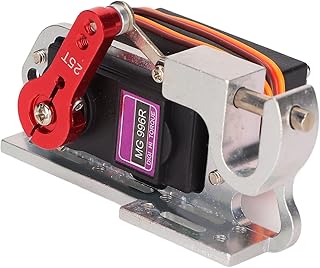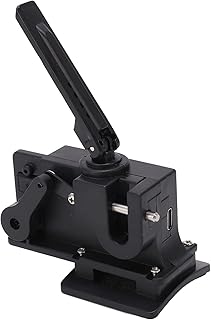VGEBY Drone: Tips and Tricks for Beginners
Congratulations on getting your new VGEBY drone! Here's a guide to help you get started and make the most of your flying experience:
Before You Fly:
1. Charge Everything: Ensure both the drone and the remote control are fully charged. This is crucial for your initial flights and maximizing flight time.
2. Familiarize Yourself: Read the user manual thoroughly. It will cover important information about your specific drone model, its features, and safety guidelines.
3. Choose a Safe Location: Opt for an open area with plenty of space and no obstacles like power lines, trees, or buildings. A park or open field is ideal.
4. Start with Basic Modes: Most drones offer beginner-friendly modes like "Beginner Mode" or "Altitude Hold" that limit speed and provide stability.
5. Check for Regulations: Familiarize yourself with local drone regulations and ensure you are flying within legal boundaries.
Flying Basics:
1. Calibrate the Drone: This ensures accurate flight control and prevents unwanted drift. Follow the instructions in the manual to properly calibrate the drone.
2. Takeoff and Landing: Practice takeoff and landing in an open area. Remember to gently lift and lower the drone, avoiding sudden movements.
3. Control Sticks: The left stick controls altitude and yaw (rotation), while the right stick controls forward/backward and left/right movement.
4. Use the Throttle: The throttle controls the drone's speed. Start with low speed and gradually increase as you get comfortable.
5. Practice Hovering: Hovering is essential for stability and taking photos/videos. Focus on maintaining a steady position before moving the drone.
6. Trim the Drone: If the drone drifts in a specific direction, use the trim buttons on the remote control to adjust its orientation.
Tips and Tricks:
1. Use Headless Mode: This mode simplifies flying as the drone's direction is based on the remote control's orientation, not the drone's actual heading.
2. Follow the "50/50" Rule: Keep the drone at least 50 feet away from people and 50 feet below any obstacles.
3. Utilize the Camera: Experiment with different angles and perspectives. Use the drone's camera for unique shots and videos.
4. Practice in Simulators: Consider using drone simulator apps to improve your flying skills and practice in a safe virtual environment.
5. Join Drone Communities: Connect with other drone enthusiasts for advice, tips, and inspiration.
Additional Notes:
* Always fly responsibly and ethically.
* Stay aware of your surroundings.
* Be mindful of battery life.
* Enjoy the experience!
Remember, flying a drone takes time and practice. Don't be discouraged if you don't master it immediately. Have fun exploring the world from a new perspective!


